How pro-LGBT+ is the tech industry?
We examine the state of LGBT+ diversity in the tech sector

Sign up today and you will receive a free copy of our Future Focus 2025 report - the leading guidance on AI, cybersecurity and other IT challenges as per 700+ senior executives
You are now subscribed
Your newsletter sign-up was successful
A number of big name companies have announced their commitment to diversifying a largely white, male, middle-class industry, and have begun publishing their workforce's gender and ethnic makeup in a move toward transparency.
Earlier this year, Apple's CEO Tim Cook wrote in a blog post, "Diversity is critical to innovation and it is essential to Apple's future. We aspire to do more than just make our company as diverse as the talent available to hire."
Still, the gender and ethnic gaps are apparent; of Apple's employees, 69 per cent are men and 54 per cent are white.
Facebook's workforce, which is 68 per cent male and 57 per cent white, doesn't fare much better. The company shared a statement similar to Apple's back in June saying, "Diversity is central to Facebook's mission of creating a more open and connected world: it's good for our products and for our business."
Most recently, Twitter has defended its efforts to combat its internal diversity problem after a former engineering manager accused it of failing to diversify its workforce. Twitter has nearly identical figures as Apple and Facebook; its employees are 70 per cent male and 59 per cent white.
Debates about the effectiveness of transparency, mandatory quotas, voluntary targets, and other incentives have populated the tech landscape, all struggling to identify tech's problem with underrepresented groups and how to solve this.
With such fervent attention focused on getting women and ethnic minorities to the table, tech's lesbian, gay, bisexual, transgender, and other gender & sexuality minorities (LGBT+) tend to get less attention.
Sign up today and you will receive a free copy of our Future Focus 2025 report - the leading guidance on AI, cybersecurity and other IT challenges as per 700+ senior executives
But companies speaking to IT Pro say they are trying to make work environments more inclusive of LGBT+ people.
VP and head of public sector and transport for Fujitsu UK & Ireland, Steven Cox, tells IT Pro, "Doing the right thing for our people is doing the right thing for our business and also doing the right thing for our customers. This is not just one-dimensional, this is the right thing to do for our company."
Inclusion makes a company more likely to succeed , according to Accenture UK & Ireland's HR director, Sam Clark, who says: "It's clear that diversity throughout a workforce increases innovation, improves business effectiveness, and organisation performance."
"People perform better at work when they can be themselves," Clark adds. "It boosts engagement, motivation and performance and is at the heart of an innovative and growing business."
How do we boost LGBT+ visibility?
Part of the trouble with improving LGBT+ diversity is a matter of visibility LGBT+ people might simply not be comfortable stating their sexuality at work.
Jane Steed, PMO manager at Capgemini, says quiet culture' is one of the remaining obstacles to inclusive workplaces. There is an expectation, she argues, that people do not want to know, are not interested in, or will not ask about one's sexuality, and therefore, there isn't any reason to be open about it.
One of the major forces helping to eliminate quiet culture' is internal LBGT+ networks.
"I'm absolutely of the opinion that the more people who are out and visible the easier it becomes for everyone," Steed says. "Being visible and out is a really important thing. We certainly need to foster an environment where people feel comfortable being out."
She created the company's LGBT+ network OUTfront six years ago after noticing Capgemini was not listed amongst its competitors on Stonewall's Equality Index despite what she perceived to be a positive and supportive workplace. Up until that point, many of the LGBT+ inclusive features in the workplace that she had noticed hadn't been formalized or publicized.
Fujitsu's Cox helped create Shine, Fujitsu's internal LGBT+ network, after coming out at work about three years ago, while Accenture runs its own LGBT+ employee network group, LGBT Allies, and provides inclusive diversity training for staff.
Clark believes Accenture's internal networks have helped foster a more supportive workplace. She says: "Our LGBT Allies network brings in employees from outside the community to drive culture change and understanding, expanding the dialogue and increasing the range of activities the community can engage in."
Is there visible LGBT+ support at board-level?
Despite the importance of high-ranking people that support diversity and equality, Steed says of her work with OUTfront, "We struggled with and we still struggle with getting senior people to be out at work. Whether that's because they don't exist or because they don't wish to be visible, I don't know."
As an LGBT+ executive at Fujitsu, Cox believes he has been able to help others recognise the benefits of being out at work.
Clark says of Accenture: "We have leadership buy-in at board level and beyond, which gives credibility and influence to our inclusion strategy. Our LGBT staff feel supported and influential at every level within the organisation and not afraid to contribute to what is an ever-changing dialogue on LGBT+ in the workplace."
How can we create inclusive workplaces?
In order to be recognised as LGBT+-inclusive, organisations must go beyond making employees feel comfortable and safe. Stonewall, the largest LGBT+ rights organisation in Europe, has created an evidence-based benchmarking Equality Index that allows companies to assess their accomplishments and development on specific areas of LGBT+ equality in the workplace, including policy, staff engagement, and career development.
"What we've learned over the past six years with Stonewall's assistance is to go through our policies and make them more visible," Capgemini's Steed says. "And make members of the company aware of what it is that we're already doing."
New policies have been introduced and improvements have been made, but many of Capgemini's policies, including extensive parental leave and their existing pension provider, were already inclusive, just not properly advertised, Steed says.
Capgemini is ranked above average overall in the index, composed of nearly 400 companies.
Steed adds: "I think that we are improvingwe're not moving as fast as we would likebut these things take time, culture takes a long time to change, so we're gradually improving, but we are going in the right direction, I'm positive about that."
In his time with Shine, Fujitsu's LGBT+ network, Cox has been impressed by the sense of inter-organisation collaboration and support. "We engage with other organisations quite extensively in terms of participation in meetings, but also in terms of learning better practice. We do that not just with other tech companies, but with other companies from other business streams as well," he says.
He continued: "One of the things I've found to be quite enlightening in the whole discussion is that different companies, ones that would otherwise compete, are very open to sharing their learnings and best practice in terms of diversity and inclusion."
In an industry that relies on innovation and collaboration, it's encouraging to see companies share common interests and support one another to help create more open work environments.
Can we measure LGBT+ diversity?
While gender and ethnicity monitoring has been common practice for a while now, sexuality monitoring is still in its infancy.
One of the challenges HR departments face is encouraging people to identify their sexualities. Companies cannot force their employees to openly identify as LBGT+, but they can encourage a culture in which people will feel more comfortable disclosing that part of their identity.
Since Capgemini began working with Stonewall, there has been increased visibility for LGBT+ equality within the company. Between OUTfront membership, workplace equality index survey responses, and individuals that identify as LGBT+ at hire, they are beginning to accumulate diversity data concerning LGBT+ individuals and allies.
Of Capgemini's 8,500 employees in the UK, 75 individuals out of 1,500 respondents to the last staff survey identified themselves as LGBT+, making just under one per cent of the company's UK workforce openly LGBT+.
Soon, Capgemini will have measures in place to monitor LGBT+-identified individuals at the time of application and of interview with the roll out of a new HR system next quarter. In addition to sexuality monitoring at every level of its hiring process, Capgemini will be expanding its identifying titles list to include the gender-neutral title Mx.
Steed is now focused on getting OUTfront's membership up to one per cent of Capgemini's workforce, which is the average of other companies' networks.
However, while Cox thinks diversity information could help organisations better track the progress of their diversity efforts, he also recognises that collecting such information can present challenges as well.
He says: "There are some parts of where we operate as a company where it would not be appropriate or even potentially legally acceptable for the company's HR records to store this type of information.
"There is quite a difference between being out with your colleagues who work in a small team and going onto an HR system and registering your sexuality."
Making sure that everyone understands the importance of diversity is one of the most important tasks to enabling diversity in the workplace, according to Cox, who points out plenty of straight people will welcome more LGBT+ diversity in their offices.
When you break down communities and see just how many people are women, are LGBT+, are disabled, are from different cultural backgrounds, Cox adds, "you sort of get to the point that nearly everybody at work is in one of these communities themselves or is affected by them. It's about being human beings and helping people understand their role in supporting that is really important".
Is tech inclusive of LGBT+ people?
Companies that have demonstrated a commitment to fostering a diverse workforce are highlighted in Stonewall's annual career guide. The Starting Out Career Guide features companiesincluding Accenture, Avanade, Fujitsu, Google, and IBMthat offer inclusive, equal, and inspiring environments for LGBT+ individuals.
A number of tech corporations belong to OUTstanding, a not for profit network for LGBT executives and Allies, as well. Their 2015 Top 100 leading LGBT Executives included 11 tech leaders, including Facebook, Fujitsu, Google, IBM, and Microsoft.
CEO and founder of OUTstanding, Suki Sandhu, says: "We are seeing a growing number of tech executives included in the lists, and it's particularly encouraging to see two future leaders coming from the sector."
She adds: "It's also amazing to have Facebook's Mark Zuckerberg head the Allies list there is no more high profile business leader in the world to send the message that successful companies welcome people of all backgrounds, sexual orientations and gender identities. However, we would love to see more executives from the tech sector represented in the lists next year."
-
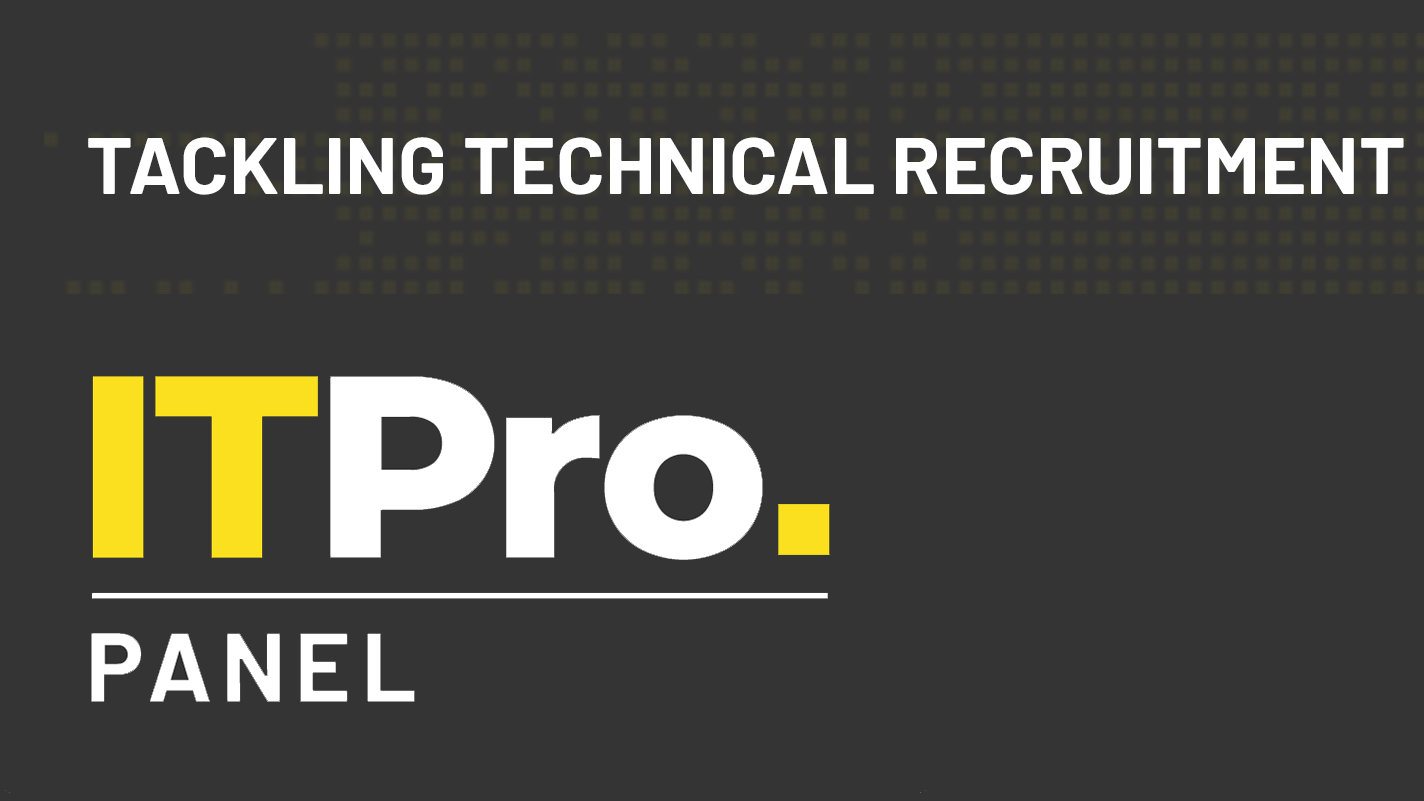 IT Pro Panel: Tackling technical recruitment
IT Pro Panel: Tackling technical recruitmentIT Pro Panel With the recruitment market shifting, how can businesses both retain their best staff and fill gaping talent shortages?
-
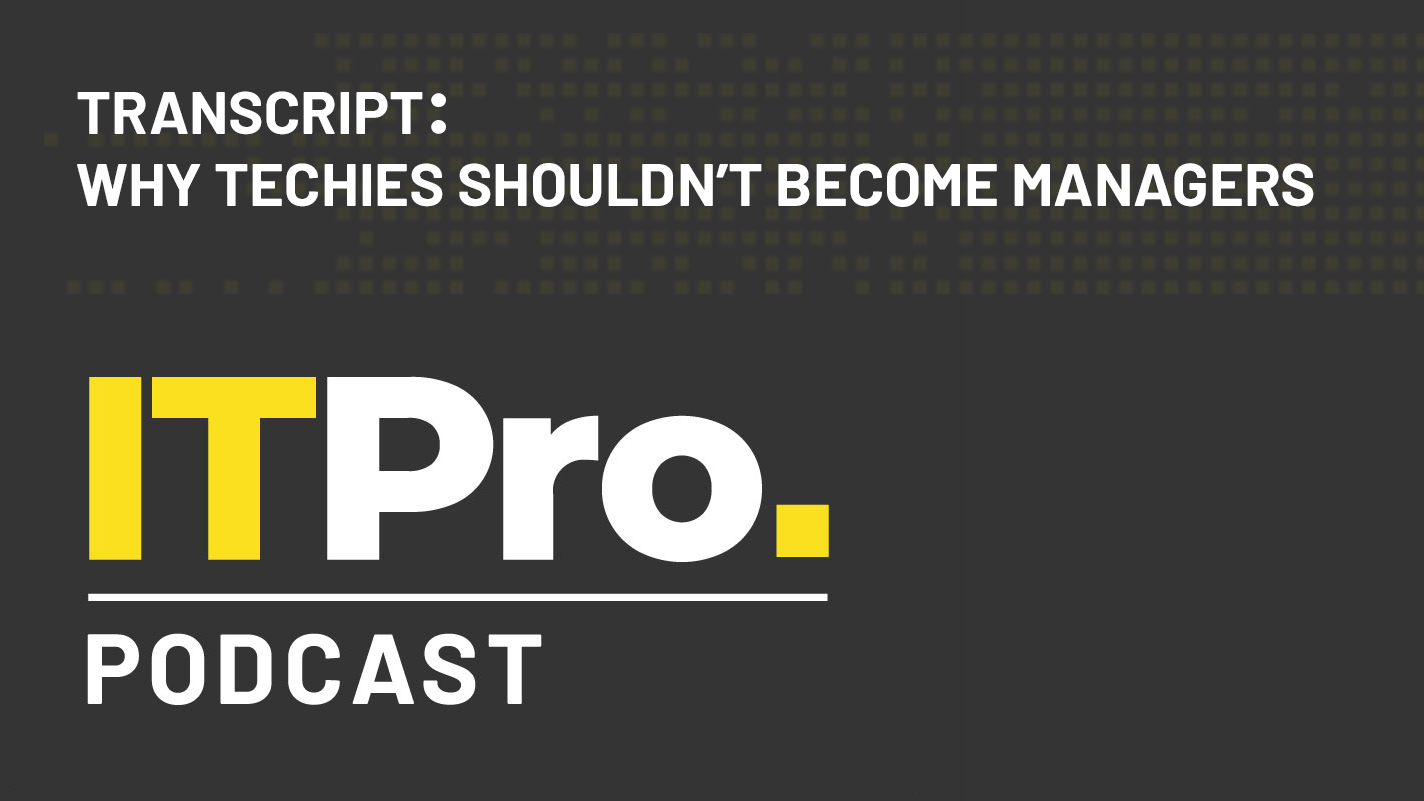 Podcast transcript: Why techies shouldn’t become managers
Podcast transcript: Why techies shouldn’t become managersIT Pro Podcast Read the full transcript for this episode of the IT Pro Podcast
-
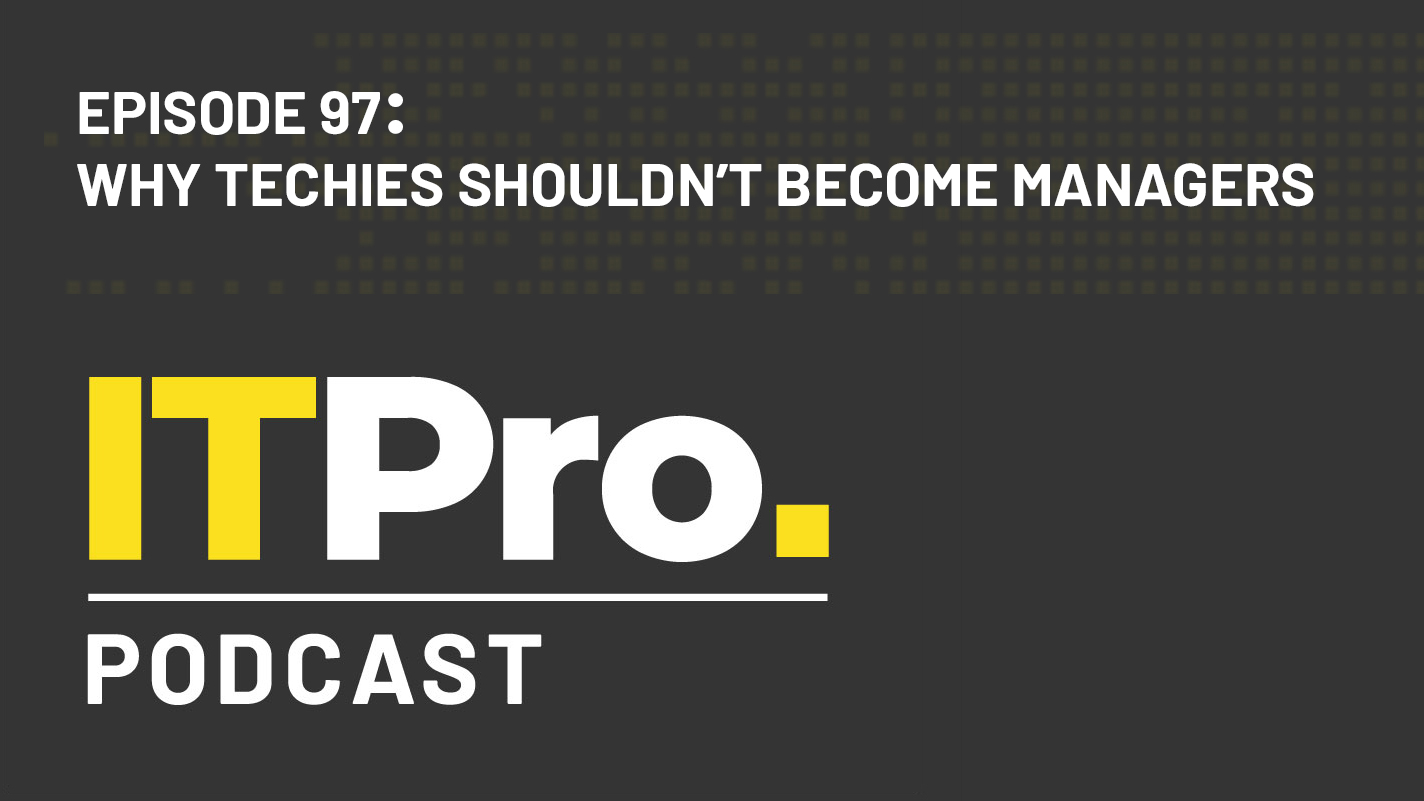 The IT Pro Podcast: Why techies shouldn’t become managers
The IT Pro Podcast: Why techies shouldn’t become managersIT Pro Podcast Managing people is a completely different skillset to managing technology - so why do we keep pushing people from one to the other?
-
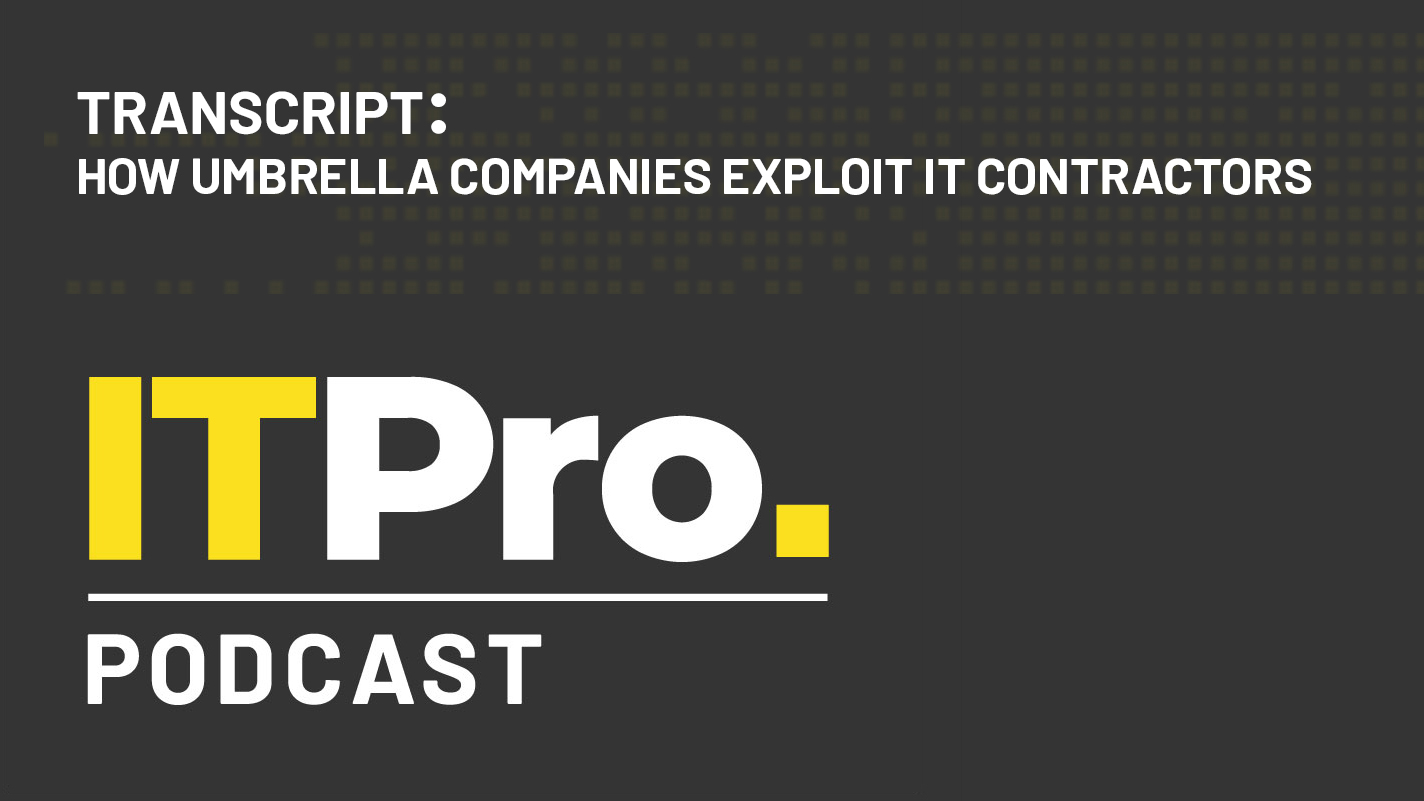 Podcast transcript: How umbrella companies exploit IT contractors
Podcast transcript: How umbrella companies exploit IT contractorsIT Pro Podcast Read the full transcript for this episode of the IT Pro Podcast
-
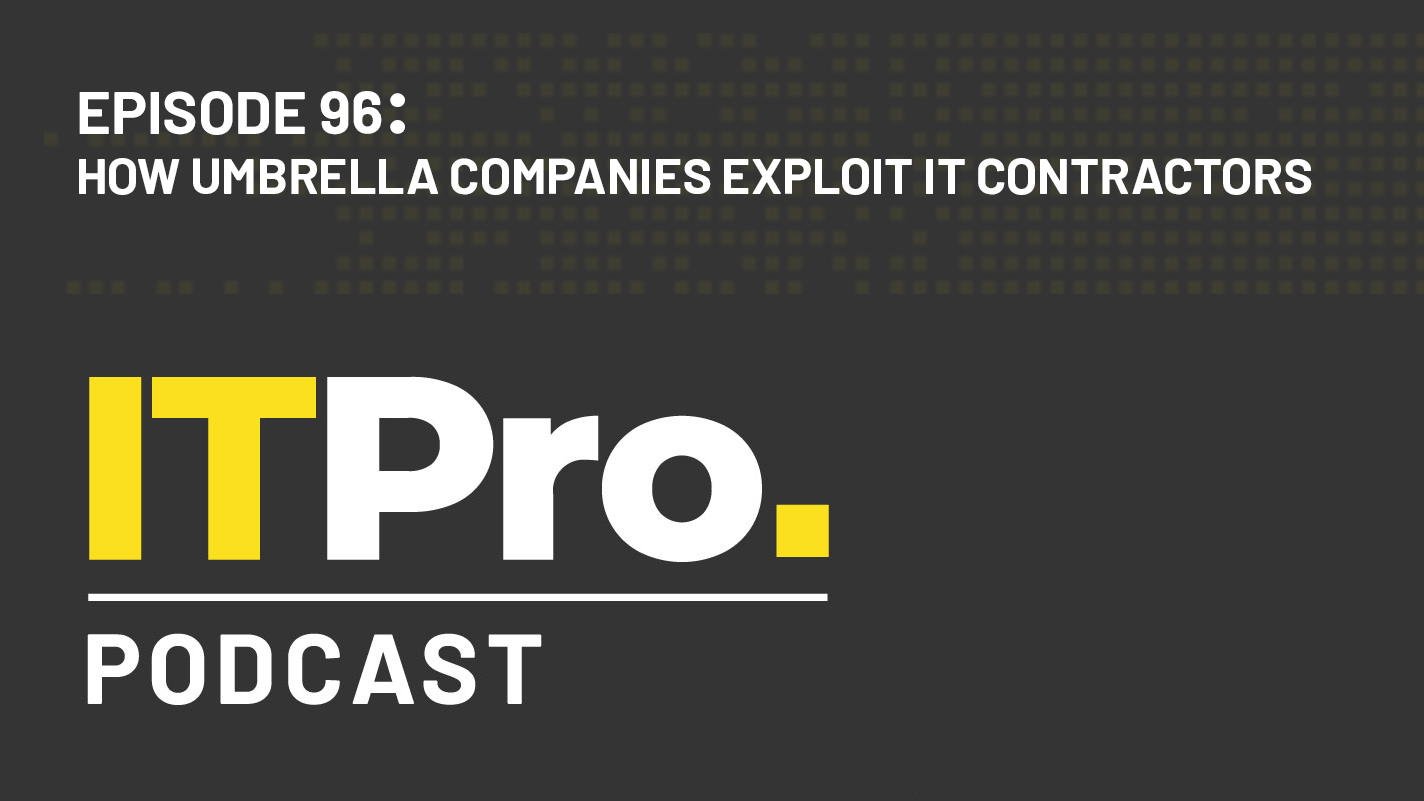 The IT Pro Podcast: How umbrella companies exploit IT contractors
The IT Pro Podcast: How umbrella companies exploit IT contractorsIT Pro Podcast Is tighter regulation needed to stop workers from being cheated out of earnings?
-
 Data scientist jobs: Where does the big data talent gap lie?
Data scientist jobs: Where does the big data talent gap lie?In-depth Europe needs 346,000 more data scientists by 2020, but why is the gap so big?
-
 Four tips for effective business collaboration
Four tips for effective business collaborationOpinion Collaboration is about more than just removing office walls
-
 IT Pro Panel: The truth about talent
IT Pro Panel: The truth about talentIT Pro Panel Why is it still so hard to find good people?

